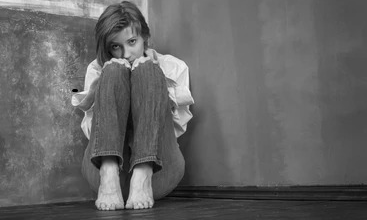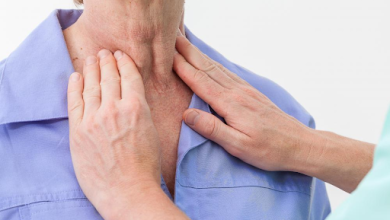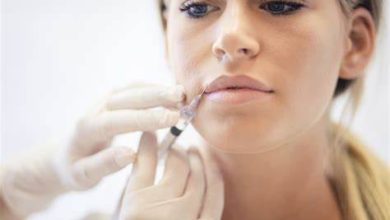Influenza Vaccinations

By Dr Clarence Yeo MB ChB (Dublin)
Vaccination is your best protection against influenza in the upcoming “flu season”. Vaccinations In Singapore, influenza occurs throughout the year with the main influenza peak season usually happening from December to February the following year.
This corresponds to the “Northern hemisphere influenza season”. There is usually another small peak around May to June every year and this corresponds to the Southern hemisphere influenza season.
The Northern Hemisphere 2020/2021 influenza vaccine has recently become available and we encourage yearly vaccination for all those at risk.
The Ministry of Health Singapore recommends that the following groups of “high risk” individuals be vaccinated:
- Persons aged 65 years or older;
- Young children (aged 6 months to 59 months);
- Pregnant women (all stages);
- Persons with chronic medical diseases (including cardiovascular, pulmonary, metabolic, renal, neurologic, hepatic, or hematologic disorders);
- Persons who are immunosuppressed; and
- Anyone staying in intermediate or long-term care facilities.
Most individuals above the age of 6 months can receive the influenza vaccine as long as they do not have an existing allergic reaction to any of the components of the influenza vaccine, especially allergic reactions to egg protein.
It will take approximately 2 weeks after vaccination for your body to produce antibodies against the vaccine strains. Thus, it is important to get your vaccination before the flu season starts. The influenza strains undergo continuous changes and the influenza vaccines need to be “updated” every season. As a result, you need to receive annual influenza vaccinations.
Fluarix Tetra registered in Singapore covers 4 strains – 2 for influenza A and 2 for influenza B.
We are pleased to inform you that it is now available at our clinic.
From 1 November 2020 Under the Enhanced Subsidies for the Vaccination Subsidy Scheme, Pioneer and Merdeka Generation patients will only need to Co-pay $9/$18 for the vaccine.
Medisave can be also be used for this vaccination under the National Adult Immunisation Schedule (NAIS).
International Medical Clinic medical director Dr Lim Hui Ling says the experience of the SARS pandemic and cooperative Singaporeans have kept Covid-19 numbers low.
“When I first heard about COVID-19 in January 2020, I thought it would blow over like the swine flu or bird flu have in the past. As we all know now, that wasn’t to be the case,” says Dr Lim Hui Ling of IMC, part of the Qualitas network of clinics.
Patients attend the acute clinic if they have a fever or difficulty breathing, which are symptoms of COVID-19.
She’s been a family doctor at the International Medical Clinic since 2002. While all her appointments are typically face-to-face, she’s now seeing patients at the clinic and over Zoom. As a council member of the College of Physicians, she also advises other doctors on how to cope with the crisis.
Singapore was the first country in Asia to approve the Pfizer-BioNTech coronavirus vaccine.
“I was given my first dose of the vaccine on January 14. I did experience a couple of side effects after having the vaccine. The next day my arm was quite sore, and I couldn’t lift it to comb my hair. I also had a bit of fever, which came on in the afternoon and lasted until bedtime. However, when I woke up two mornings after receiving the shot, I felt absolutely fine.”
There are 26 doctors at the IMC, and they’ve seen three positive COVID-19 cases during the entirety of the pandemic.
“This isn’t my first brush with a virus. From November 2002 to July 2003, Asia was hit by the SARS pandemic. It didn’t last as long as COVID-19 has, but it was scary. Healthcare workers died, including people I knew.”
As Singapore is a small country, it was able to pivot quickly to combat COVID-19. The government was quick to close its borders, implement mandatory mask-wearing and social distancing, and introduced the Trace Together app in March 2020, which people must use to enter stores, hospitals, and even taxis, in order to keep track of where someone has been if they should contract the virus.




